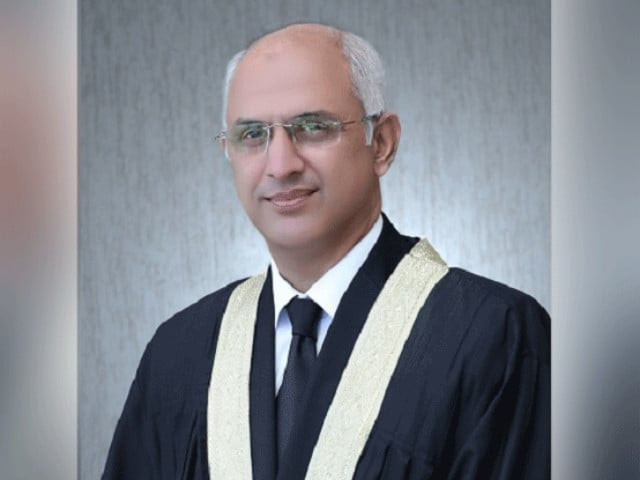Judge slams lack of gender equality
Justice Kayani says Judicial Commission formed after 26th Amendment includes only one woman

Islamabad High Court's Justice Mohsin Akhtar Kayani has criticised both Parliament and the judiciary for insufficient efforts toward achieving gender equality.
Speaking at a seminar on gender equality, he highlighted the lack of representation for women, particularly in the Judicial Commission formed after the 26th Amendment, which includes only one woman. He questioned why women are not given equal representation in such crucial bodies.
Justice Kayani expressed his happiness at seeing uniformed women at the event and remarked that as Pakistanis, we have not understood gender equality, and this concept has not been integrated into our attitudes. He said, "If you live a day without your mother, wife, daughter, or sister, you will realise that a home cannot function without them." He also noted that structural reforms for gender equality have not been made.
He further explained that after the 26th Constitutional Amendment, which led to various legal changes, there are currently 3,300 judges and 40,000 staff members in the country. Justice Kayani again raised the issue with the Judicial Commission, stating that it includes only one woman, even though there were 40 nominations, and only two female lawyers were nominated.
During his speech, he criticised Parliament for recently making the 26th Amendment to the Constitution, which led to the formation of the Judicial Commission, but with just one woman. He mentioned that the Speaker had nominated one woman in the amendment to address the judicial sector issue. He questioned why women were not given equal representation in the Judicial Commission and why women were not nominated on equal terms for the appointment of new judges.
Justice Kayani expressed his frustration with both Parliament and the judiciary for not doing enough to promote gender equality. He emphasised that without women involved in policy-making, the discussion of gender equality would be meaningless. He also stressed that it is essential to ensure that women have the facility to take care of their children during work.
Reflecting on his own experience, he said he had never brought his children to the office and therefore could not fully understand the challenges. He concluded by suggesting that working women should be provided with special allowances.



















COMMENTS
Comments are moderated and generally will be posted if they are on-topic and not abusive.
For more information, please see our Comments FAQ